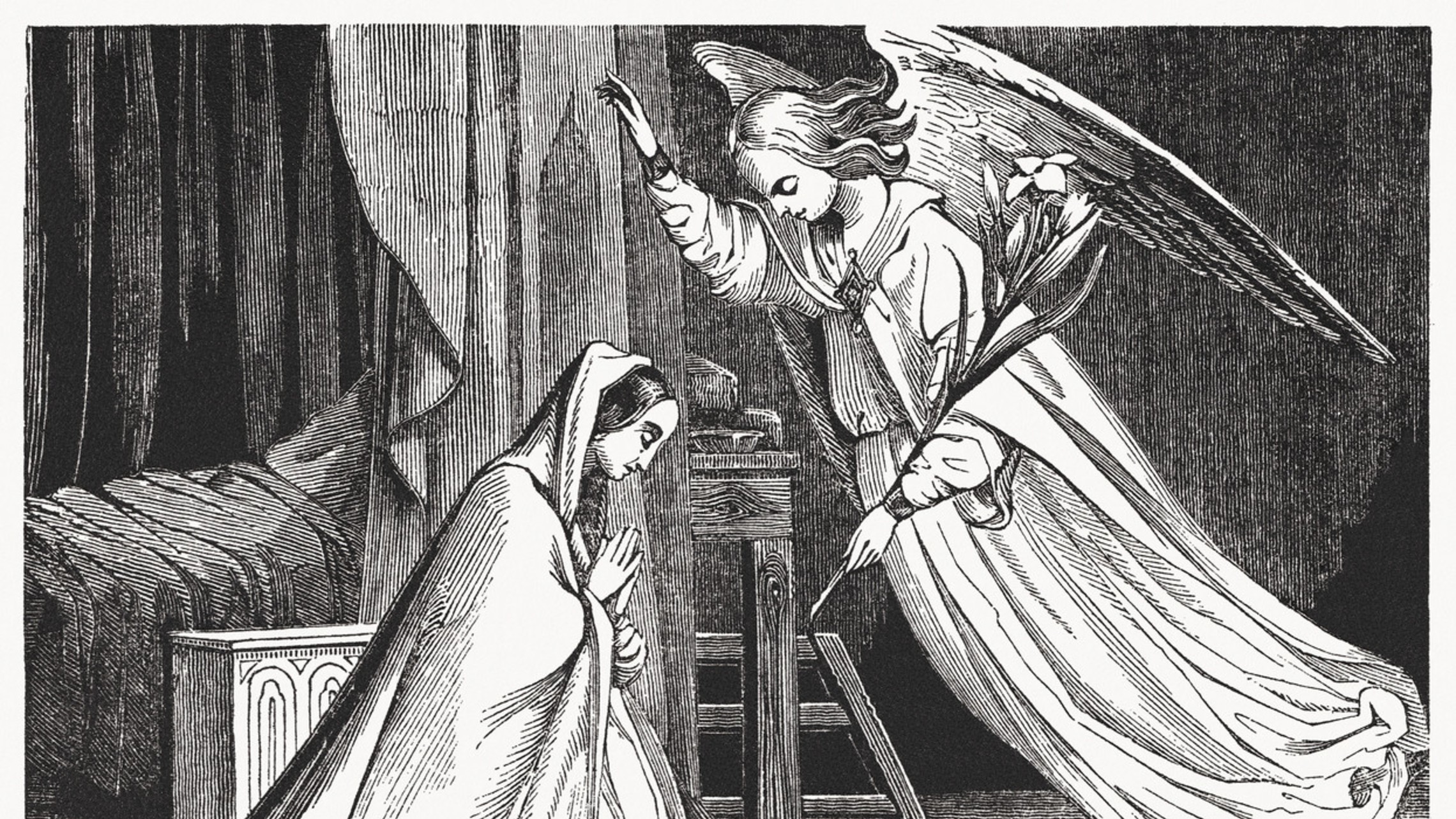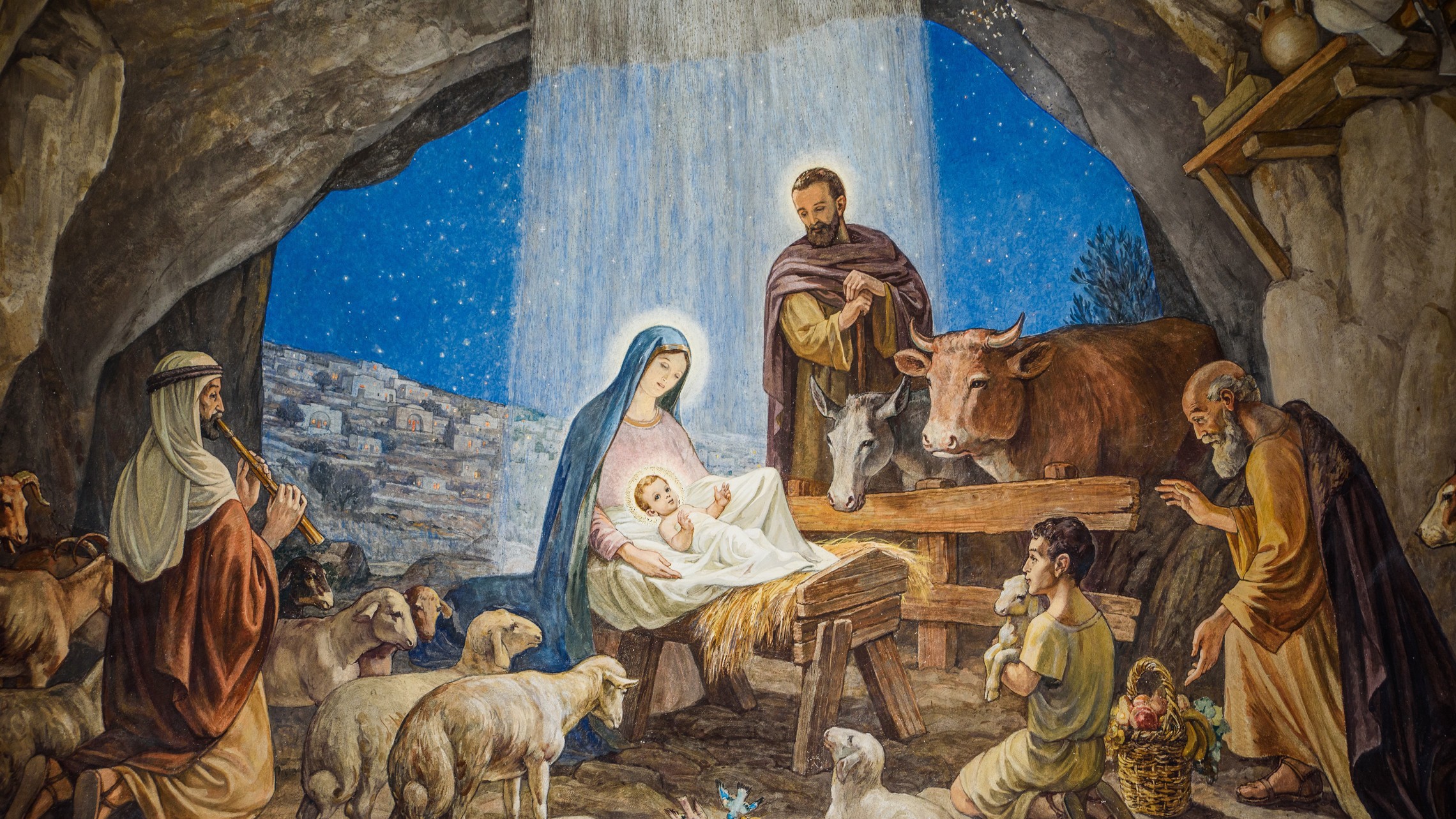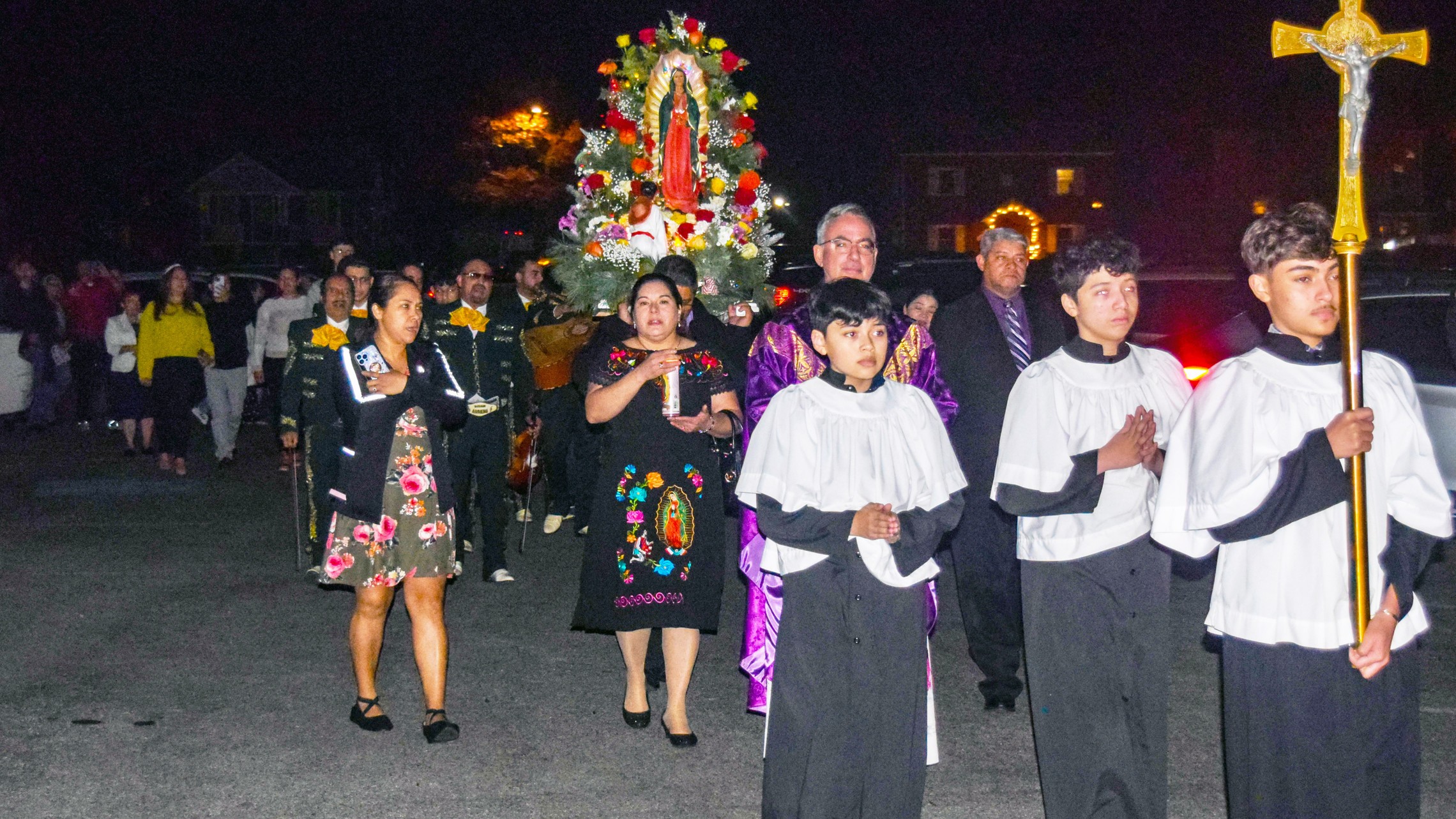Learning & Holiness

Masters & Disciples
Learning & Holiness
Masters & Disciples
By Fr. Frederick Edlefsen
First comes the disciple. Then the master appears.
Guiding a soul down the long and winding road of learning is a fine art. So is guiding a soul into holiness. Note: I didn’t say, “guiding a soul to holiness.” I said, “guiding a soul into holiness.” “To” seeks a destination. “Into” dives into what is already present. A baptized soul possesses innate holiness, into which a person must be guided. A spiritual guide accompanies another into the holiness of their Baptism.
All learning (spiritual and secular) is a journey “into” rather than “to.” Learning doesn’t have a destination. It reveals what’s already there. Holiness isn’t a destination. It’s a discovery.
In Catholic Tradition, learning and holiness are distinct but not separate pursuits. Rather, they are two facets on the diamond of human growth. St. Thomas Aquinas said knowledge that doesn’t “end” in love is useless. For Aquinas, the “end” is a discovery, not a destination.
Here’s the clincher: True knowledge presupposes love. We love because we have first touched, tasted, smelled, heard, and seen, releasing the energy of intelligence. We learn and work to prosper and pray.
“Nascantur in admiratione.” “Let them be born in wonder.” Academic subjects – math, science, technology, languages, literature, writing, arts, philosophy, religion, etc. – should provoke wonder and prayer. Before these subjects daunt us, they should amaze us. When knowledge is a goal, it causes anxiety (rampant nowadays). Wonder, not a goal, is key to true learning. Wonder requires reflection at leisure. That said, learning’s occupational hazards are arrogance and being disputatious, which narrow the mind. Enlightenment can deceptively dazzle the mind, leading one to confuse the “part” for the “whole.” True learning requires humility, which opens the mind. Wonder, humility, and reflection sing together.
Aquinas said, “The end of our knowing is to know God as something unknown.” Knowledge gazes beneath the starry sky of Mystery. Per G.K. Chesterton, knowledge is not about getting the heavens into our head, but about getting our head into the heavens. The Creator of (1) the world and (2) our ability to know it is Something Unknown. In this world, we cannot know as much as we wish. But we can love as much as we wish. However, the more we love in this world, the more we will rejoice in knowing in the next.
Categories:



